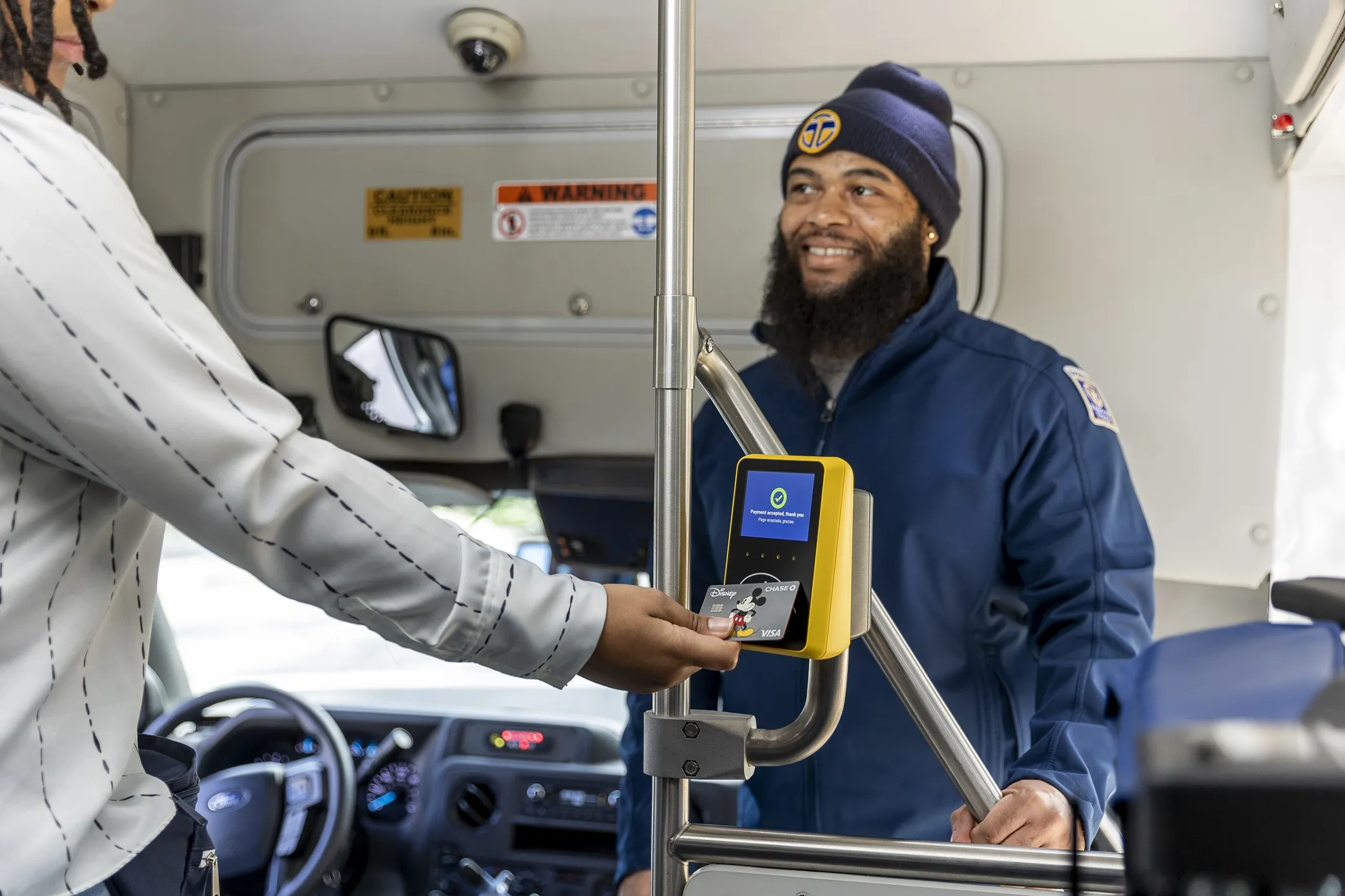CTS will develop an integrated app over the next 18 months. The company will also launch TAPforce, a cloud-based account which will allow commuters to take part in LAMetro’s Mobility as a Service programmes for parking and bike-sharing.
Matt Newsome, general manager, western region, CTS, says the app is designed to support the TAP card and TAP wallet to help users manage accounts, load wallets, plan trips and participate in partnering programmes.
“In the future, the app will also support the loading of a virtual TAP card into eligible NFC-enabled smart phones that will allow riders to simply tap their phones at turnstiles and on buses for fare payment,” Newsome adds.
Robin O’Hara, executive officer, regional TAP program, LA Metro, says the programme will include advancements in card technology, real-time wireless on buses, updated driver control terminals and associated card reader and software upgrades.
CTS to upgrade LAMetro’s automatic fare system
Cubic Transportation Systems (CTS) will upgrade the Los Angeles County Metropolitan Authority’s (LAMetro) automatic fare collection system, in a contract valued $22m. The system links to 25 regional agencies through the TAP smart card. CTS will develop an integrated app over the next 18 months. The company will also launch TAPforce, a cloud-based account which will allow commuters to take part in LAMetro’s Mobility as a Service programmes for parking and bike-sharing. Matt Newsome, general manager
October 1, 2018
Read time: 2 mins









